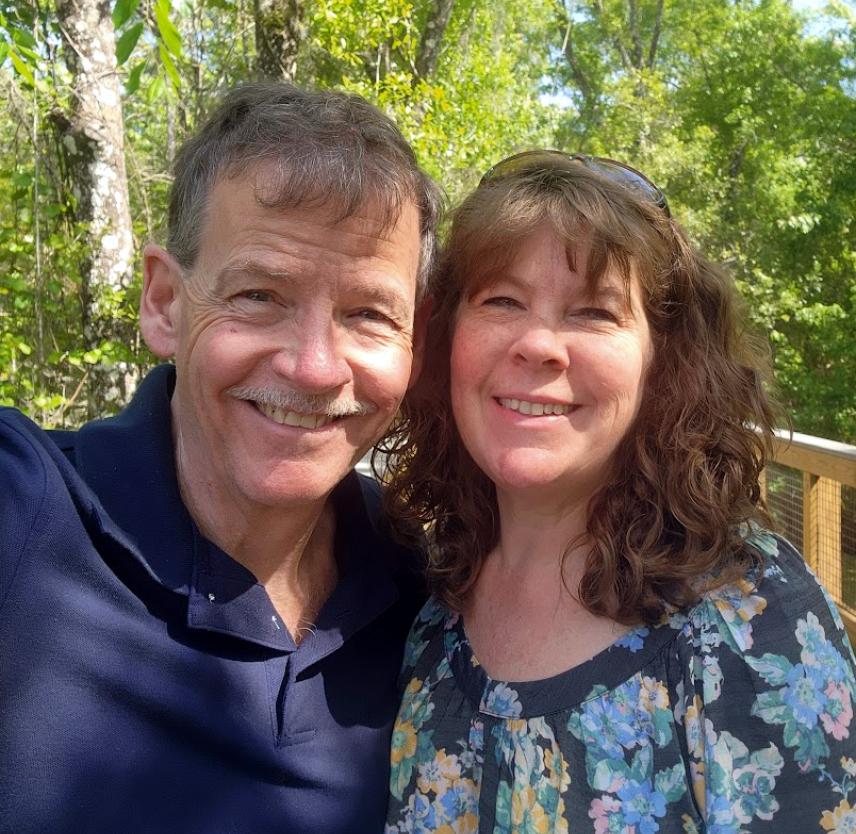
Now in year 14 as a brain injury survivor, there are some who assume that the passage of time means that challenges become less intense and dare I say … life becomes normal again. This is especially true for those of us who live with a brain injury that has no physical or other visible manifestations; in fact, people who don’t know us probably see us moving through life, year after year, with seeming grace and ease.
A skill that I’ve developed over the years is a compensatory strategy used by many people with brain injury. When I know that I’m not up to my A-game, I limit the number of people I see. Sometimes, I clear my work schedule for the day, playing the “migraine card” so as not to draw attention to my brain injury. While this is admittedly disingenuous, I’d rather lay claim to a migraine than have to explain away a “bad brain day.” Other times, when exhaustion takes its toll, I’m more inclined to ask my wife, Sarah, to drive if we have outside plans. And when it gets too tough, I simply cancel plans. Game over. It’s hard for others to see my struggles if they don’t see me.
Some of this is old-fashioned taking care of myself, while some of it is ego preservation. Yes, I still have an ego, and prefer not to be defined as that guy with a brain injury. It can be a fine line to walk.
In the spirit of humble admission, lately things have gotten difficult again. Not only do I live daily with a brain injury, but I also live with rather aggressive treatment-resistant PTSD. A couple of months ago, I sought out treatment — again — for my PTSD. The results thus far have been rather unimpressive, but as I’ve learned with brain injury, the move to wellness is a marathon, not a sprint. I have a good circle of healthcare providers, people whom I trust quite literally with my life. My care team consists of a therapist and a psychiatrist. Both are committed to my wellness, and I’m grateful to say that I am not left feeling like just a patient with a patient number. Mental healthcare is healthcare. Perhaps in my transparency, I can help destigmatize mental health challenges.
In what amounts to a bit of an irony, daily life with my brain injury is actually rather easy compared to struggles with PTSD. With brain injury, there is a familiar ebb and flow to life — one that I seem to have mastered. But with the unpredictable nature of PTSD, the quality of my life has suffered. For the first time ever, I am taking the medication route, hoping and praying for respite for the PTSD nightmares that persist.
Like my brain injury, PTSD is invisible. Never have I met someone and thought, “They must have PTSD.” Like my TBI, unless you are close to me or have read my words over the years, you’d never know about my quiet, seemingly never-ending battle.
But through it all, hope remains. Early on, a member of the professional community predicted that my recovery would end at one year. Working my way through my second decade in this new life, I can most assuredly say that he was wrong. And I continue to do my best to move forward with hope.
If, within your own personal or professional circles, you know someone with a brain injury or PTSD who has been living the survivor life for years, please know that time does not equate to freedom from challenges. Reach out to those you know and ask how they are really doing. You might just be surprised by what you hear — and how much your asking means.
